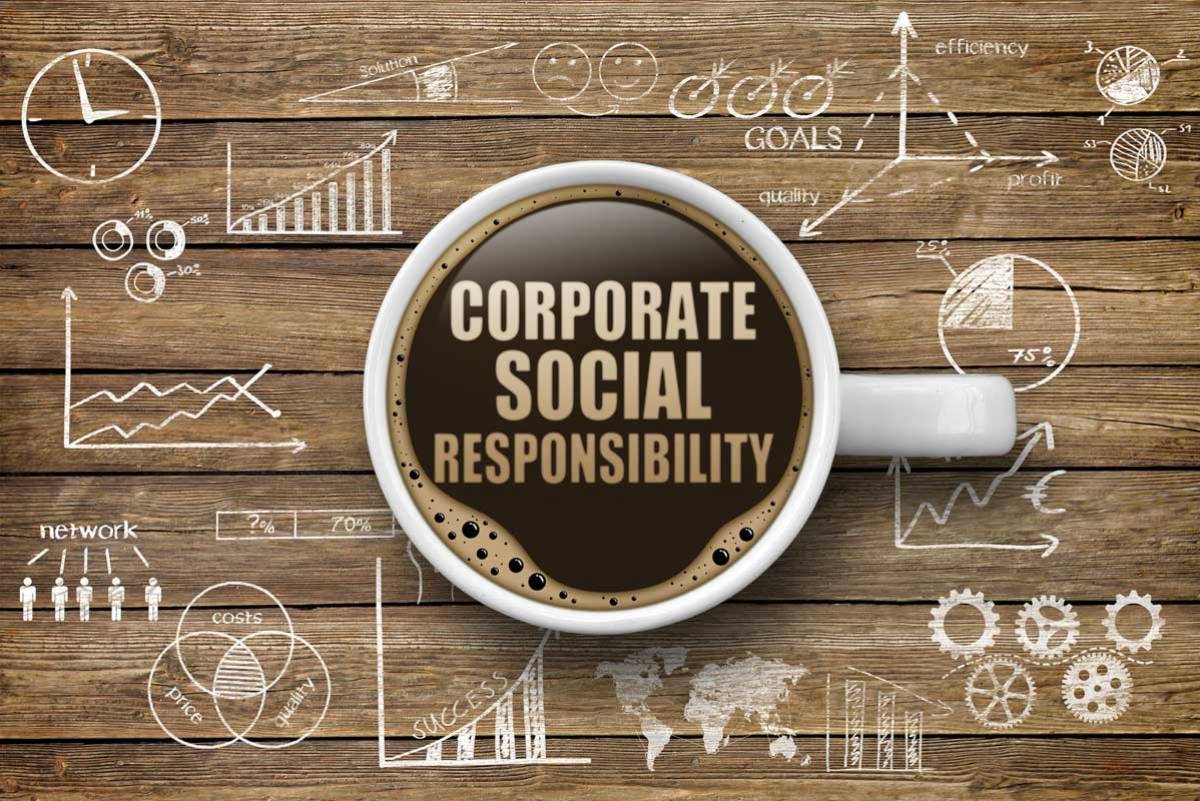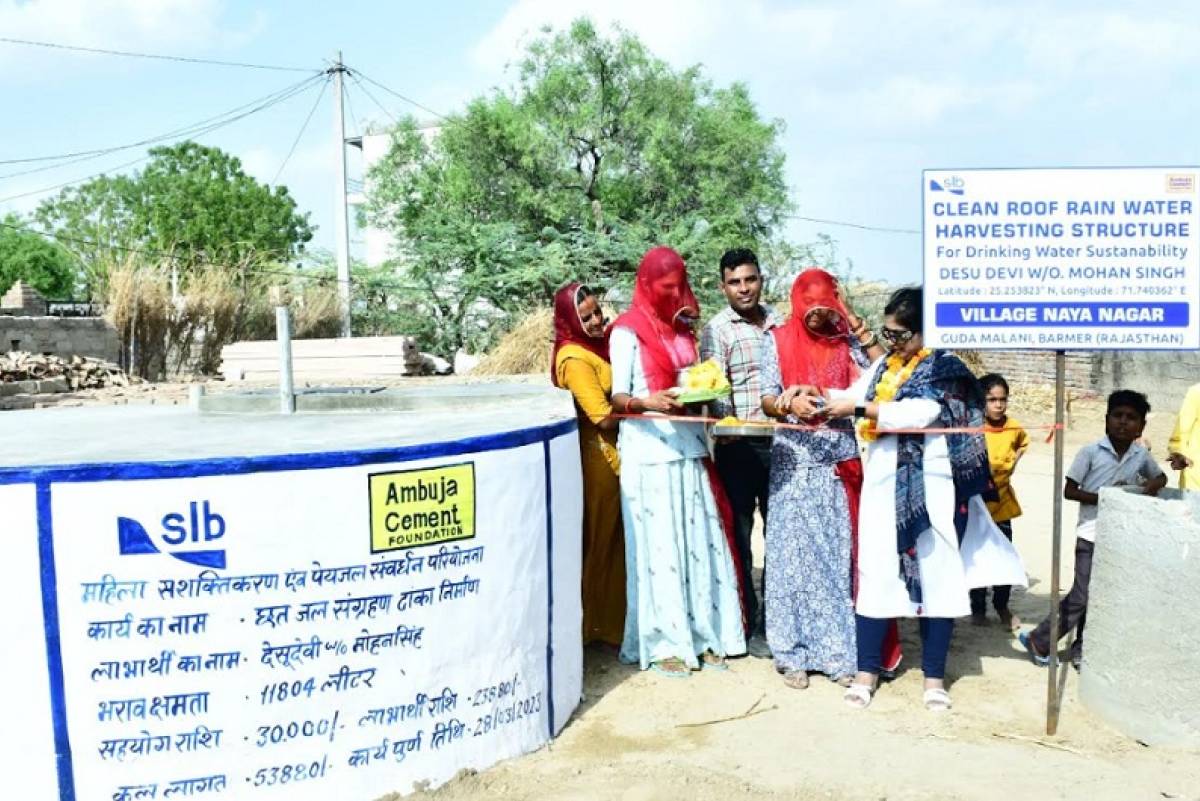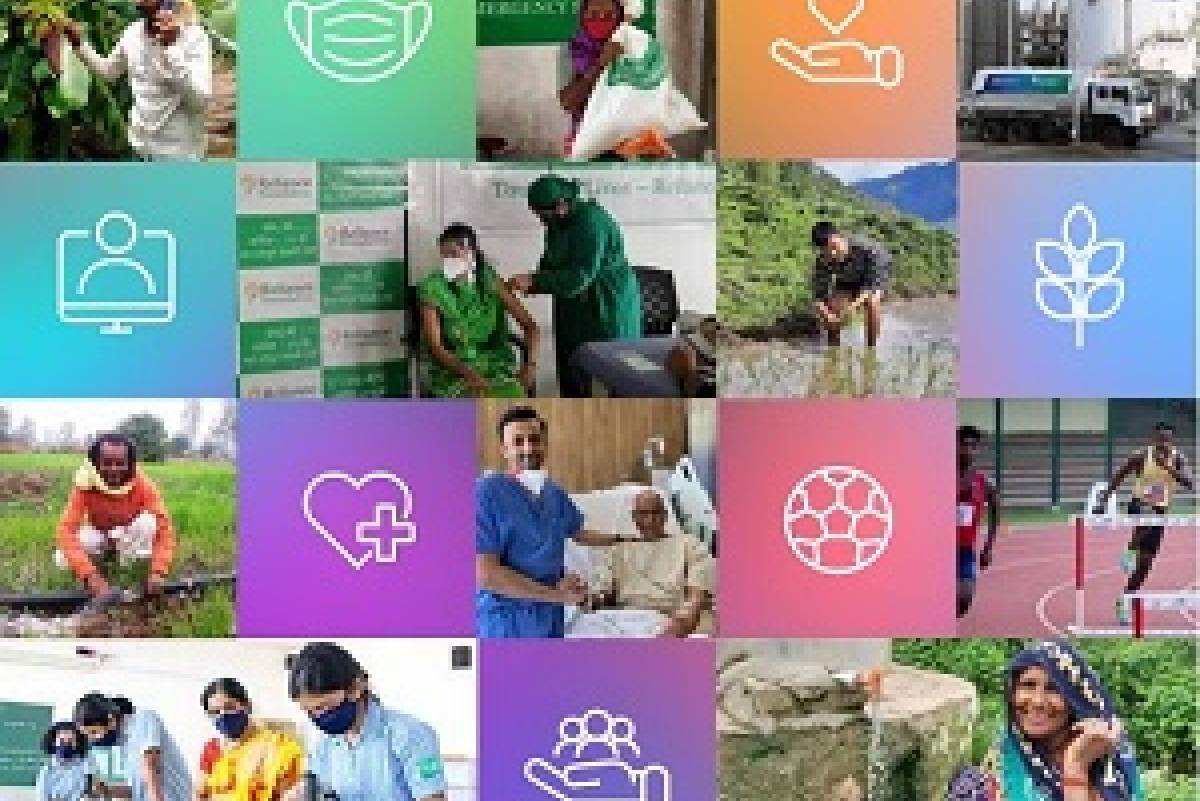
With this collaboration in place, the program in its first year aims to significantly scale up its coverage to 25,000 hectares of rice cultivation during the Kharif 2023 and Rabi 2023-24 seasons.
"With this program, we aim to get more insights into how regenerative agricultural practices can contribute to mitigating climate change by way of methane emission reductions, water conservation, soil health improvements and drive sustainable development of smallholder farmers," said Simon-Thorsten Wiebusch, Country Divisional Head, Crop Science Division of Bayer for India, Bangladesh and Sri Lanka.
Having the expertise and support of organizations like GenZero, Shell, International Rice Research Institute (IRRI) and others will go a long way in developing the ecosystem for faster adoption of such sustainable practices, he said.
According to Bayer, any success achieved during this first year will pave the way for the implementation of an even larger-scale sustainable rice project. Beyond greenhouse gas reduction, the program is expected to generate other benefits such as water savings, soil health improvement, and enhanced community livelihoods for smallholder rice farmers.
The proposed approach will include training, support, and guidance for smallholder farmers while utilizing Measurement, Reporting & Verification (MRV) mechanisms incorporating remote sensing technology. The project aims to set a benchmark for similar efforts in the rice decarbonization space.
Paddy rice cultivation is responsible for approximately 10 percent of global methane emissions, a potent greenhouse gas with a global warming potential over 27 times that of carbon dioxide.
Rice farms occupy 15 percent of global farm area, equivalent to more than 150 million hectares worldwide. It also consumes around one-third of the global fresh water. To address the challenges of climate change and limit global temperature rise, a significant and scalable effort is required to promote methane emissions reductions in rice cultivation.
Bayer over the last two years has already done the necessary groundwork and initiated a pilot Sustainable Rice Project across India. It started with an aim to generate carbon reductions by encouraging rice farmers to switch from the current practice of transplanting with continuously flooding fields to Alternate Wetting and Drying (AWD) that involves controlled and intermittent flooding and Direct Seeded Rice (DSR) that involves no transplanting operations and very limited flooding.
To ensure scientific accuracy and credibility, the International Rice Research Institute (IRRI), a globally renowned scientific institution, will provide valuable support in conducting scientific assessments of greenhouse gas reductions, water use reductions, and improvements in soil health.
Speaking about the collaborative initiative with Bayer, IRRI Deputy Director General for Research, Ajay Kohli said, "Public-private partnerships are an effective way to transform food systems, leveraging the strengths and resources of both sectors to achieve common goals."
Such partnerships in agricultural science can improve the efficiency and effectiveness of research and development. By combining the strengths and resources of both sectors, and also sharing knowledge and capacity-building, thus enhancing the overall productivity and sustainability of the agricultural sector, he added.




